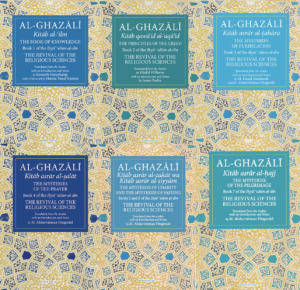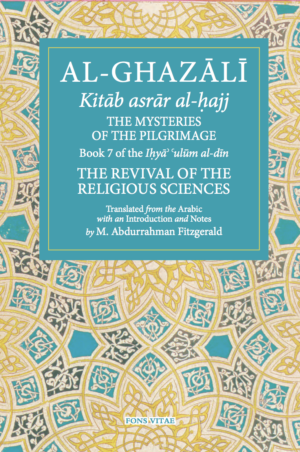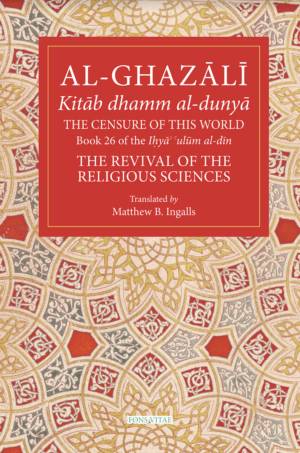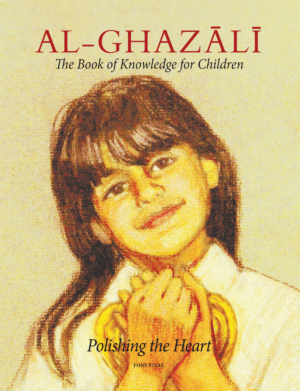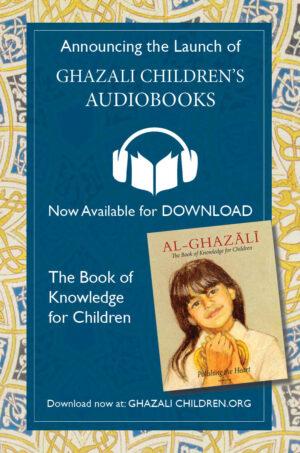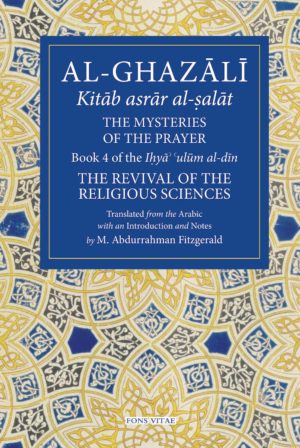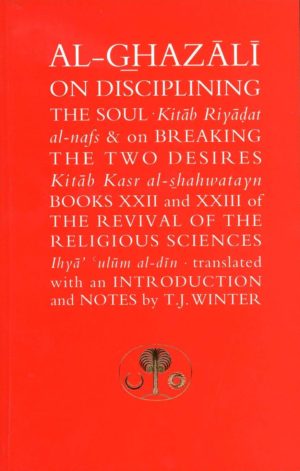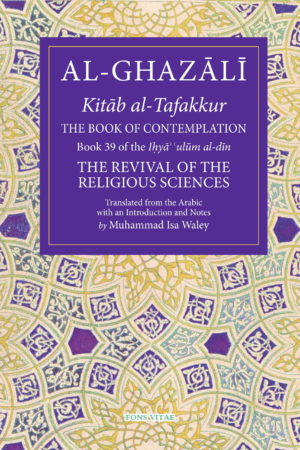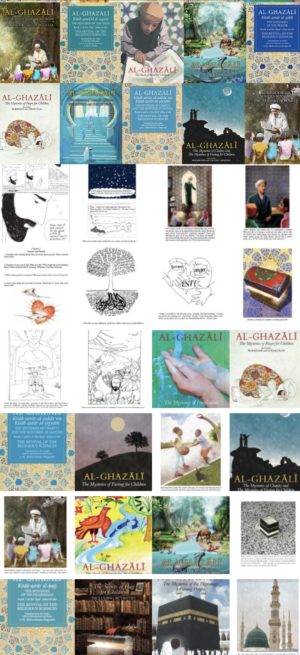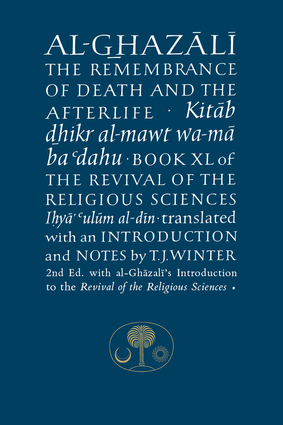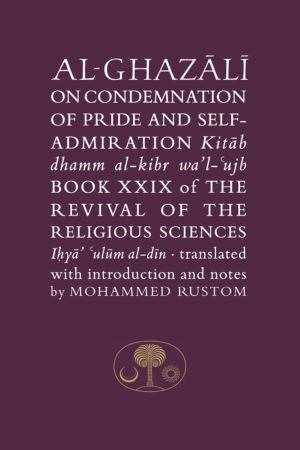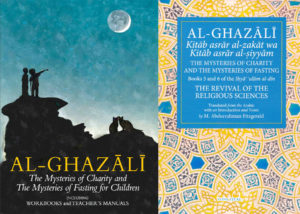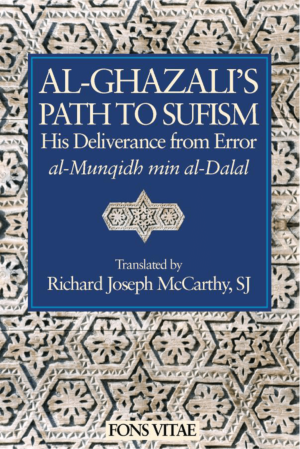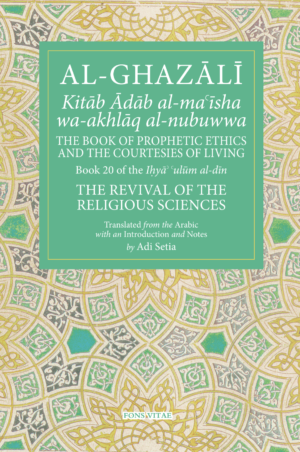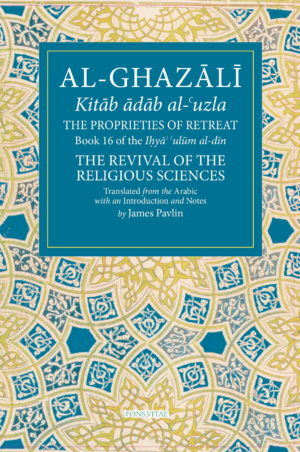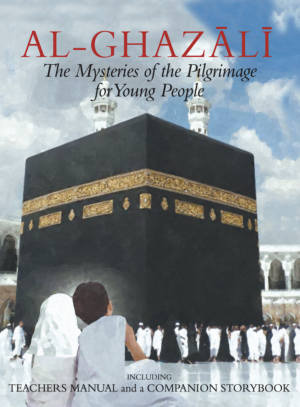Al-Ghazali: Censure of Wealth and Miserliness (Book 27 of The Revival of the Religious Sciences)
NEW RELEASE. JUST PUBLISHED.
“The Censure of Wealth and Miserliness” is Book 27 of the “Revival of the Religious Sciences”, which is al-Ghazali’s magisterial compendium consisting of 40 volumes on 40 different aspects of Islamic belief, practice, ethics, and worldview.
Al-Ghazali writes that wealth is the principal pillar of this world, and the more wealth we have, the more engaged we become with the world.
In this volume, al-Ghazali explains the subtle connection between one’s inner relationship with wealth and one’s outward actions and lifestyle. He roots his treatment of the subject in the Quranic passages, hadith, and traditional accounts which relate to wealth and the love of it. He covers such topics as the proper uses of wealth according to the obligations of both the law and social graces as well as the vices of miserliness, greed, covetousness, and avarice.
Ghazali also discusses the virtues of generosity, open-handedness and their highest expression, altruism, in which there is no thought of self. “For whosoever is greedy for thanks and commendation is a merchant…essentially purchasing praise with their wealth.” When there is trust in God, one shouldn’t worry about some hypothetical future hardship which may never come to pass. Ghazali quotes Abu Hazim who said, “That which belongs to someone else could never be mine, just as that which belongs to me could never belong to someone else. So why should I fritter my life away in pursuit of either of them?”
Ghazali comments, “There is no end to the paths our minds can go down when we fret over our worldly affairs; those who have enough for the day are safe.” Earthly harms endured by the wealthy include fear, grief, the hardship of retaining wealth and acquiring it. “What do you possess of your wealth other than what you have consumed and is therefore gone? Or what have you dressed yourselves in which is now worn out? Or is it, in fact, only what you have given away in charity that is lasting?” Wealth is its own enemy; it consumes itself until it is gone.
Besides making us aware of subtle details regarding wealth and greed, al-Ghazali offers advice on: acquiring a disposition of satisfaction, ways to uproot miserliness, responding to the initial higher impulse to help and not hesitate, and consistently forcing ourselves to be open-handed.
This book serves as a humbling mirror for any readers on a personal spiritual journey by presenting the many subtle ways in which the inner life is being greatly harmed by lack of awareness of the fundamental dangers of wealth and greed, which has been viewed in all the great religious traditions as an enormous detriment to the soul and to spiritual aspiration.
- 978-1-94-1610-72-5
- ePDF, Paperback
- 184


